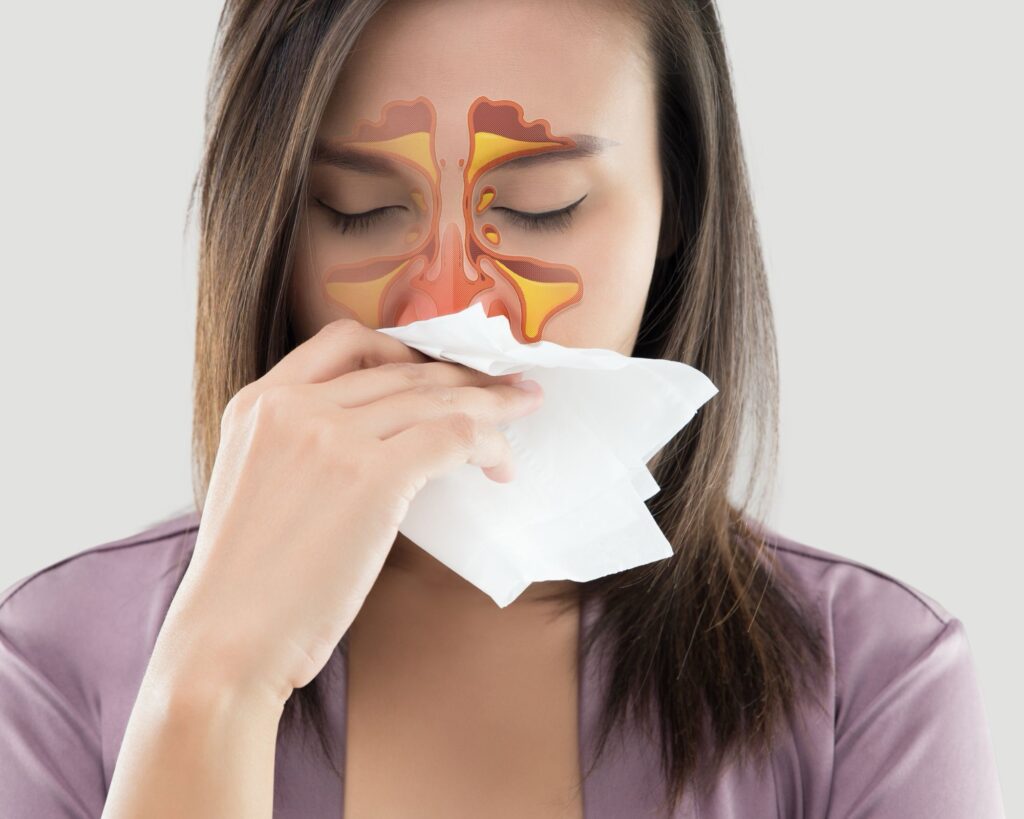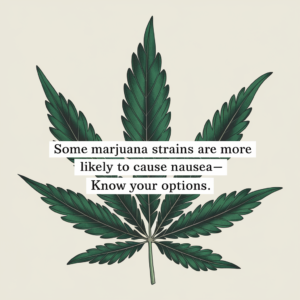Have you ever experienced a peculiar sensation where it feels like your throat is collapsing when you sniff? It’s a sensation that can be incredibly unsettling, even frightening, as if someone is squeezing your airway just as you attempt to breathe in. I know this sensation all too well, and let me tell you, it’s not something you easily forget.
I vividly remember the first time it happened to me. As I went to sniff my nose, expecting to clear away some pesky nasal congestion, I was met with a sudden tightness in my throat, almost as if it were closing up on me. Panic ensued as I struggled to draw in a breath, the sensation lasting for what felt like an eternity, although it likely only lasted a few seconds. It’s a moment that sticks with you, leaving you questioning what on earth could be causing such a bizarre and distressing sensation.
In my search for answers, I stumbled upon an insightful article titled “Anxiety: A Personal Journey Beyond Prescription Medication”, which shed light on the interconnected nature of physical sensations and mental health. This personal journey resonated deeply with me, highlighting the importance of exploring holistic approaches to wellness beyond conventional medicine.

Understanding the Symptom:
Now, let’s delve into understanding this perplexing symptom of throat constriction during sniffing. One possible culprit often associated with such sensations is post nasal drip. But what exactly is post nasal drip, and how does it relate to the sensation of throat collapse?
Post nasal drip occurs when excess mucus accumulates in the back of the nose and throat, leading to the sensation of mucus dripping down the back of the throat. This can result in irritation, coughing, and the need to clear the throat frequently. However, the sensation of throat constriction during sniffing adds another layer of complexity to the equation.
As I sought to unravel the mystery behind this symptom, I stumbled upon an informative article titled “Frequent Nosebleeds in Children: Causes, Management, and When to Seek Help”. This comprehensive guide shed light on various nasal and throat-related issues, including the potential causes and management of frequent nosebleeds in children. While nosebleeds may seem unrelated to throat sensations, understanding the interconnected nature of nasal and throat health is crucial in exploring potential explanations for symptoms like throat constriction during sniffing.
Personal Experience:
My personal journey with this unsettling sensation has been a rollercoaster of emotions and uncertainties. Each time I go to sniff my nose, I brace myself for the possibility of feeling like my throat is collapsing in on itself. It’s a sensation that never fails to catch me off guard, leaving me feeling vulnerable and anxious.
Navigating through this experience, I’ve sought solace in exploring holistic approaches to wellness. Along the way, I came across an enlightening article titled “Natural Remedies for Sinus Congestion: Alleviating Nasal Congestion Naturally”, which provided valuable insights into alleviating nasal congestion through natural remedies. While my symptoms may differ slightly from sinus congestion, I found comfort in discovering alternative methods for managing nasal discomfort and exploring potential solutions to my throat constriction sensation.

Expert Insights:
Seeking clarity and expert opinions on the perplexing sensation of throat constriction during sniffing, I turned to medical professionals for insights into the underlying mechanisms and potential explanations for this phenomenon. Through their expertise, I hoped to gain a deeper understanding of the physiological processes at play and possible avenues for addressing the symptom.
One valuable resource I came across was an informative article titled “Flonase: Understanding Its Uses, Mechanism, and Generic Alternatives”, which delved into the intricacies of nasal spray medications like Flonase and their role in managing nasal congestion and related symptoms. While Flonase may not directly address the sensation of throat constriction during sniffing, understanding its mechanisms and potential alternatives offered valuable insights into the broader landscape of nasal and throat health.
Diagnostic Considerations:
As I continued my quest for answers regarding the unsettling sensation of throat constriction during sniffing, I realized the importance of considering various diagnostic factors that could shed light on the underlying cause of the symptom. While the sensation itself may seem isolated to the throat, exploring related symptoms and potential contributing factors is essential in obtaining an accurate diagnosis.
One aspect I considered was the possibility of neck-related issues contributing to throat discomfort. Neck pain, especially at night, can have a significant impact on overall comfort and well-being. In my search for insights into this aspect of my symptoms, I came across an insightful article titled “Neck Pain at Night: Your Pillow Might Be the Culprit”. This article highlighted the importance of proper neck support and pillow selection in alleviating neck pain and discomfort during sleep. While not directly related to throat constriction during sniffing, exploring potential neck-related factors added another dimension to my diagnostic considerations.

Treatment and Management:
In my journey to address the unsettling sensation of throat constriction during sniffing, I’ve explored various treatment options and management strategies to alleviate discomfort and find relief. While seeking medical evaluation is essential for proper diagnosis and guidance, understanding potential treatment approaches can empower individuals to take proactive steps towards symptom relief.
One commonly used over-the-counter medication for managing discomfort and inflammation is ibuprofen. However, the inner workings of this medication and its effects on the body may not always be clear. To gain insights into the mechanisms and potential impacts of ibuprofen, I turned to an informative article titled “Ibuprofen Exposed: What Happens Inside You After That Pill”. This article provided valuable information on how ibuprofen works and its potential side effects, helping me make informed decisions about its use in managing symptoms associated with throat constriction during sniffing.
As I reflect on my journey to understand and address the unsettling sensation of throat constriction during sniffing, I’m reminded of the complexity of the human body and the interconnected nature of symptoms. While my search for answers may not have yielded a definitive explanation, it has been a valuable learning experience, guiding me towards holistic approaches to wellness and empowering me to advocate for my health.
Through personal experiences, expert insights, and informative resources, I’ve gained a deeper understanding of the factors that may contribute to throat sensations and the importance of seeking medical evaluation for persistent or concerning symptoms. Whether exploring natural remedies, seeking expert advice, or considering diagnostic considerations, the journey towards symptom relief is multifaceted and unique to each individual.
Q & A:
What could be causing the sensation of throat constriction during sniffing? While the exact cause may vary, potential factors to consider include post nasal drip, nasal and throat anatomy, neck-related issues, and underlying medical conditions.
How can I manage throat constriction during sniffing? Management strategies may include addressing underlying nasal congestion, exploring natural remedies for symptom relief, seeking medical evaluation for persistent symptoms, and considering lifestyle modifications for overall wellness.
When should I seek medical help for throat constriction during sniffing? It’s important to seek medical evaluation if symptoms persist, worsen over time, or are accompanied by other concerning symptoms such as difficulty breathing, chest pain, or persistent coughing.
Are there any lifestyle changes that may help alleviate throat constriction during sniffing? Lifestyle changes such as staying hydrated, avoiding irritants like smoke and pollution, using a humidifier to add moisture to the air, and practicing good nasal hygiene may help alleviate symptoms.
As an Amazon Associate we earn from qualifying purchases through some links in our articles.




